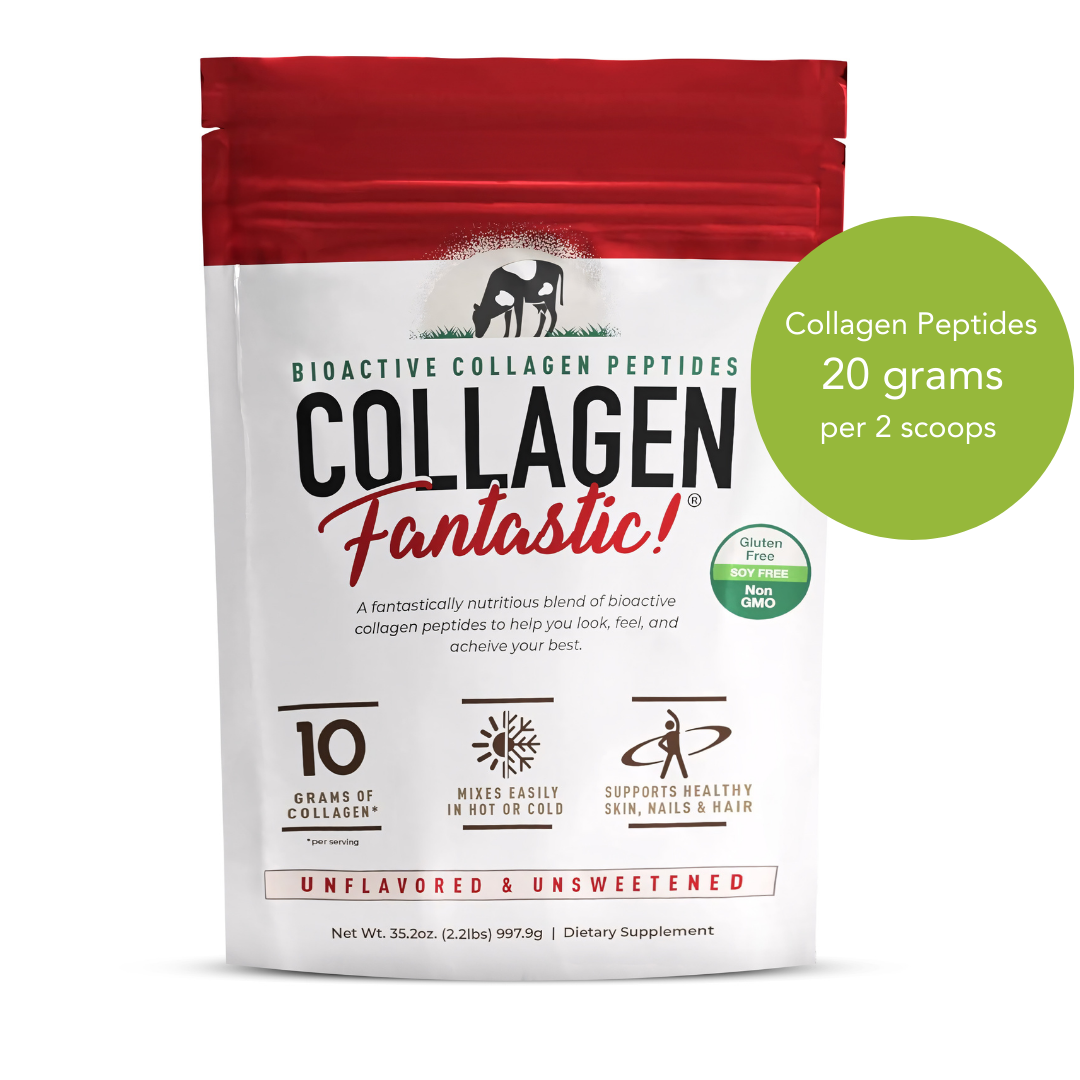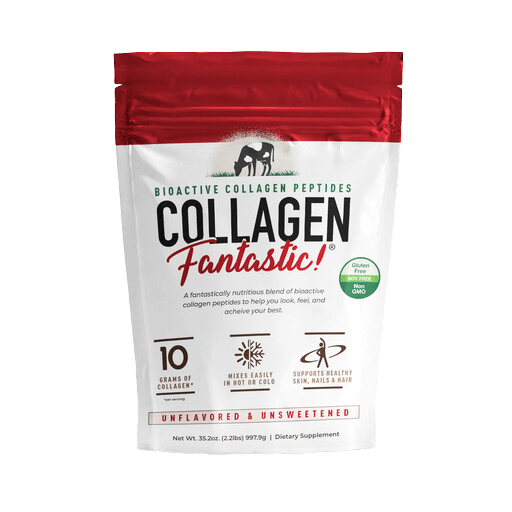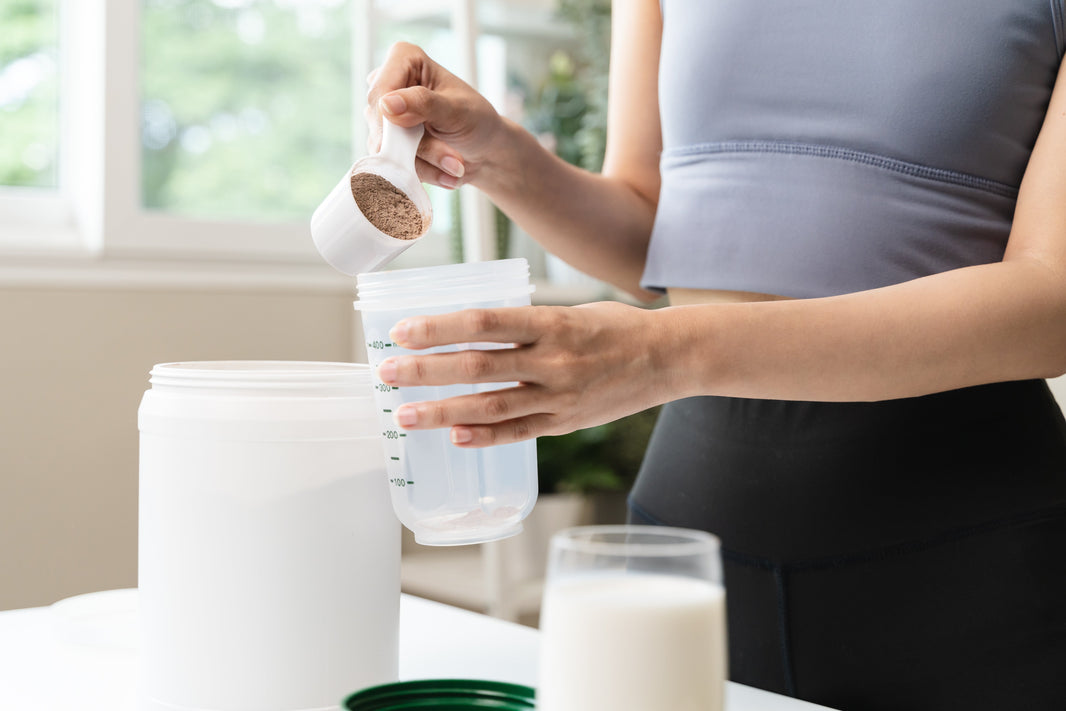Key Takeaways
-
Protein is essential for muscle growth, recovery, and healthy aging, but more isn’t always better.
-
For most active adults, 0.7–1.0 grams of protein per pound of body weight per day is optimal for strength, energy, and metabolism.
-
Extremely high intakes aren’t necessary—and won’t cause harm for healthy individuals—but balance and variety matter.
-
The “right” amount of protein depends on your age, activity level, goals, and total calorie intake.
Introduction: The Protein Paradox
If there’s one nutrition question that never goes away, it’s this: How much protein do I really need?
You’ve probably heard wildly different answers—from “you’re eating too much” to “you can’t ever get enough.”
The truth lies somewhere in between. Protein is essential for maintaining lean muscle, supporting metabolism, and slowing age-related decline, but there’s a point of diminishing returns—and it’s different for everyone.
In this article, we’ll unpack how much protein your body actually needs, why balance matters, and how supplements like Whey Protein, Collagen Peptides, and Creatine Fantastic fit into an optimal, sustainable routine.
Ready to up your protein and up your game? Try Whey Fantastic Risk-Free today!

Why Protein Matters So Much
Protein isn’t just for athletes—it’s the structural foundation for nearly every system in your body. It forms muscles, enzymes, hormones, skin, bones, and immune cells.
Without enough protein, your body starts “borrowing” from itself—breaking down muscle to maintain vital functions. That’s why people who undereat protein often feel tired, weak, and experience slowed recovery.
What Protein Does
-
Builds and repairs muscle tissue after exercise
-
Regulates metabolism and hormones
-
Supports immune function and bone health
-
Aids recovery after injury or training
-
Preserves lean mass during fat loss or aging
Protein is the nutrient of longevity and resilience—not just fitness.
How Much Protein Do You Actually Need?
Your needs depend on age, activity, and goals, but here’s a practical framework:
| Activity Level | Goal | Recommended Daily Protein |
|---|---|---|
| Sedentary Adult | General Health | 0.4–0.6g per lb of body weight |
| Active Adult | Maintenance | 0.7–0.9g per lb |
| Strength Training / Fat Loss | Growth or Lean Muscle Retention | 0.9–1.1g per lb |
| Older Adults (40+) | Prevent Muscle Loss | 1.0g per lb |
Example:
If you weigh 160 lbs and strength train regularly, aim for about 140–160g of protein per day.
Spreading protein evenly across meals—around 25–35g each—maximizes muscle repair and synthesis throughout the day.
Can You Eat Too Much Protein?
In healthy adults, high protein diets are safe and beneficial—especially when balanced with carbohydrates and fats.
The myth that protein “damages kidneys” has been repeatedly debunked. The only people who should limit protein are those with preexisting kidney disease, under medical supervision.
That said, extremely high intakes (well over 2g per pound of body weight) don’t add more benefit. Your body simply oxidizes the excess for energy or stores it as fat if total calories are too high.
Signs You’re Overdoing It
-
Digestive discomfort or dehydration
-
Reduced energy from cutting too many carbs or fats
-
Constant fullness, leading to poor calorie balance
In short: more isn’t better—enough is best.
Protein Timing and Distribution
Your body can only utilize a certain amount of protein for repair and growth at one time—roughly 25–40 grams per meal for most adults.
Eating one massive high-protein dinner won’t yield the same benefits as spacing intake throughout the day.
The “Protein Pacing” Method:
-
Breakfast: Jumpstart your day with 25–30g (e.g., eggs, yogurt, or whey protein).
-
Lunch: 30–35g from lean meats, legumes, or tofu.
-
Snack: 20–25g via a shake or collagen smoothie.
-
Dinner: 30–40g of fish, chicken, or steak.
This approach keeps your body in a positive protein balance all day, supporting energy, satiety, and recovery.
The Role of Supplements in Hitting Your Target
Whole foods should always be your foundation, but supplements simplify consistency—especially when you’re busy or appetite is low.
Whey Protein: Fast, Complete, Convenient
Fantastic Nutrition Whey Protein provides a high-quality, complete amino acid profile that’s absorbed quickly.
It’s ideal post-workout or anytime you need a clean, easy protein source.
Whey supports:
-
Muscle repair and maintenance
-
Improved recovery and energy
Collagen Peptides: Strength Beyond Muscle
Fantastic Nutrition Collagen Peptides provide the amino acids glycine, proline, and hydroxyproline—key building blocks for tendons, ligaments, and skin.
It’s an excellent complement to whey because it targets connective tissues that whey can’t support as directly.

Creatine Fantastic: Energy, Recovery, and Muscle Protection
While not a protein, Creatine Fantastic enhances your body’s ability to use protein efficiently by increasing cellular energy and preventing muscle breakdown.
Each serving provides 5g of Creapure® German creatine and 3g of myHMB®, a clinically supported compound that reduces muscle protein loss and accelerates recovery.
Together, this trio—whey, collagen, and creatine + HMB—forms a complete recovery and performance foundation for adults over 40 who want to stay strong and active.

The Importance of Balance: Carbs and Fats Matter Too
Protein is powerful, but it’s not the whole picture.
Carbohydrates provide the energy that allows your body to use protein effectively. Fats regulate hormones that influence muscle growth and metabolism. Cutting either too low while overemphasizing protein can backfire.
For most adults, a balanced macro split looks like:
-
30–40% protein
-
30–40% carbs
-
20–30% healthy fats
This ratio keeps energy high, recovery strong, and hormones balanced.
Protein and Aging: Why It Matters More After 40
After 40, your body experiences anabolic resistance—a reduced ability to turn protein into new muscle. That means you need slightly more protein per meal to achieve the same effect.
A 25-year-old might trigger muscle growth with 20g per meal, while a 50-year-old might need closer to 35g.
Regular strength training, consistent protein intake, and supplements like Creatine Fantastic all help counter this decline by maintaining lean muscle, bone density, and metabolic health.
Frequently Asked Questions
1. What happens if I eat more protein than I need?
In healthy adults, excess protein is simply used as energy or excreted. It’s not harmful, but it’s also not beneficial beyond a point. Balance protein with enough carbohydrates and fats for optimal metabolism.
2. Can I get enough protein without supplements?
Yes—but it can be challenging, especially for busy individuals or those with lower appetites. Protein powders like Fantastic Nutrition Whey Protein and Collagen Peptides make it simple to stay consistent.
3. Should I take protein and creatine on rest days?
Absolutely. Recovery and muscle repair occur when you’re resting, not training. Whey Protein and Creatine Fantastic support energy regeneration and tissue rebuilding between workouts.
4. Is there such a thing as “too much” protein for older adults?
For healthy adults over 40, slightly higher protein intake is beneficial. Unless there’s a medical condition affecting kidney function, higher protein supports muscle preservation, bone health, and metabolism.
The Bottom Line
Protein isn’t a “more is better” game—it’s about getting enough, consistently, and from quality sources.
For most adults, 0.7–1.0 grams per pound of body weight per day—combined with resistance training, balanced nutrition, and proper recovery—is the sweet spot for performance and longevity.











